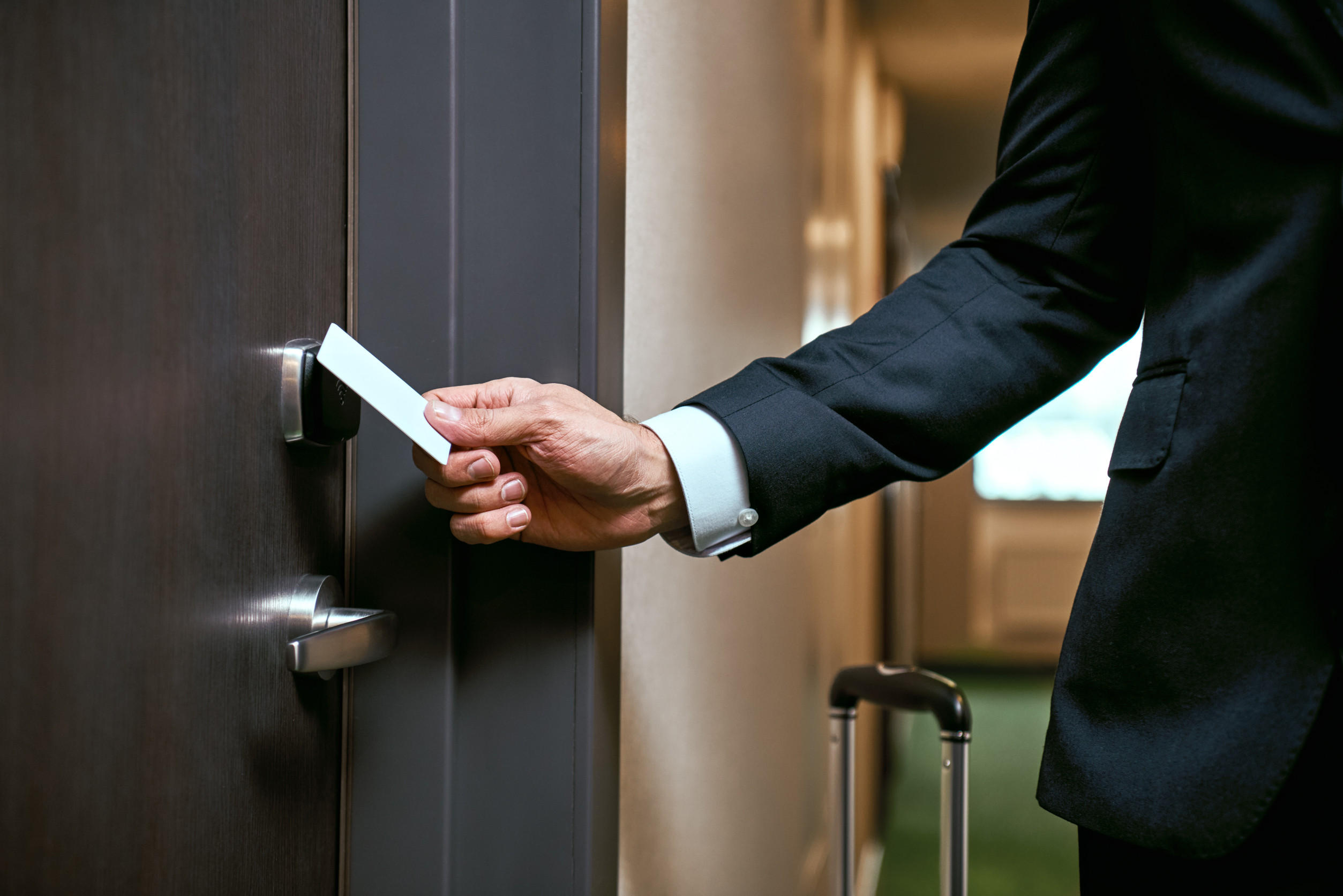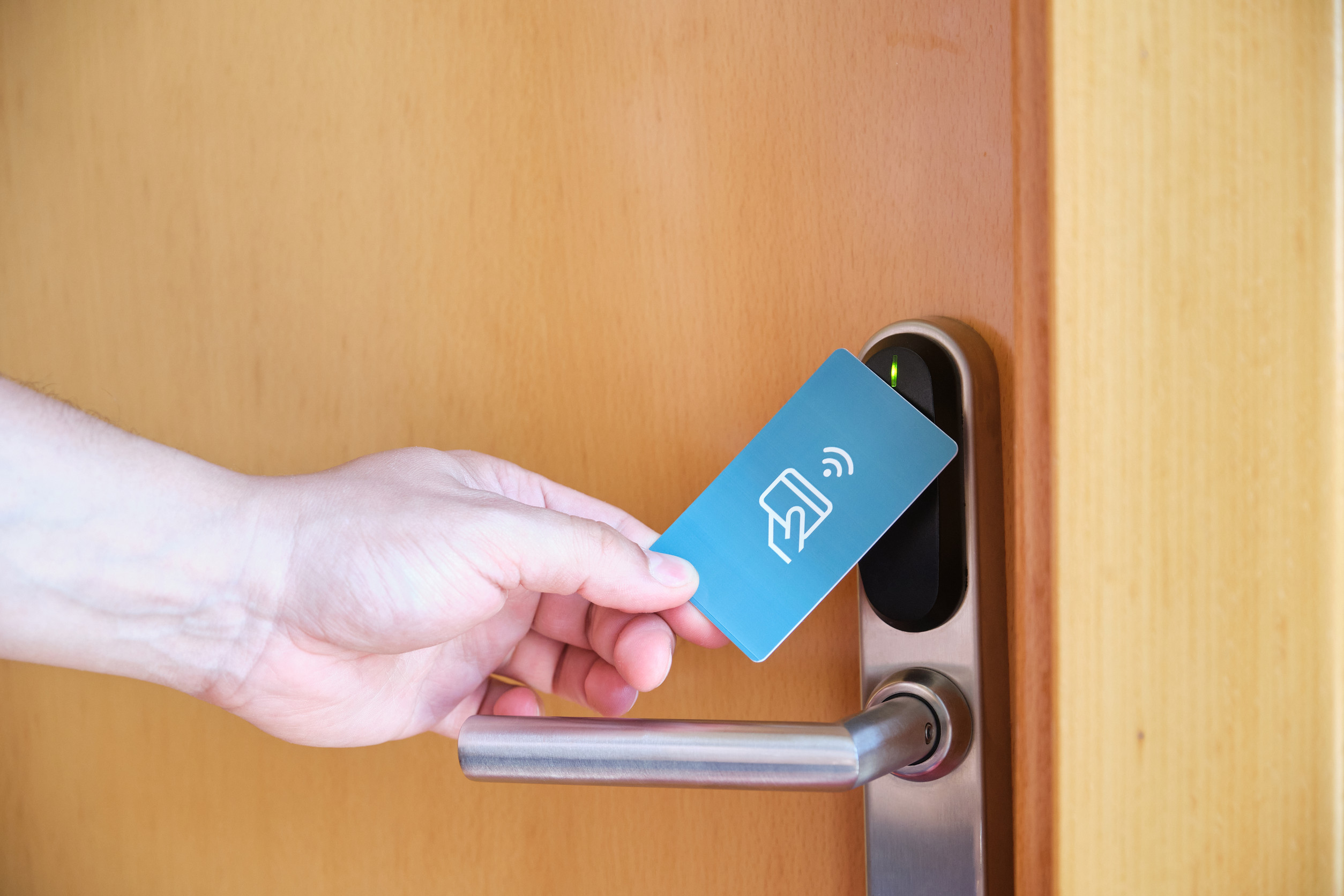
A small, plastic card that opens a hotel room seems harmless—until it’s not. Many people toss their used hotel key cards without a second thought, assuming they’re useless after checkout. But with the right tools and a little know-how, these cards can be reprogrammed and reused, often long after the guest has left the property.
This practice raises serious concerns around privacy, property security, and the vulnerabilities of hotel technology. Understanding how it works isn’t just about curiosity—it’s about awareness and prevention.
The Technology Behind Hotel Key Cards
Most modern hotel key cards use RFID (Radio Frequency Identification) or magnetic stripe technology. These cards store simple data that communicates with door locks to either grant or deny access. The data itself is often minimal—room number, access expiration, and hotel-specific codes. Magnetic stripe cards are more susceptible to being read and rewritten with widely available tools. RFID cards are more secure, but not immune to manipulation by someone with the right equipment.
What Happens When You Check Out
When a guest checks out, the hotel’s system typically deactivates the card’s access permissions. However, the data on the card isn’t wiped; it just becomes irrelevant to the door lock system. If someone keeps the card and has access to encoding hardware, they can rewrite new data over the old one. Many hotel systems don’t encrypt the data, leaving it open to rewriting. This creates a window of opportunity for reprogramming, even days after the initial stay.
How Key Cards Get Reprogrammed
Reprogramming a hotel key card requires an encoder, which is a device that writes data onto magnetic stripes or RFID chips. These encoders are commercially available and sometimes used by hospitality staff or tech hobbyists. Using open-source hotel key templates or cloned access data, the user can reprogram the card to mimic another guest’s credentials. With a bit of skill, the rewritten card can unlock a room, utility area, or staff-only space. The danger lies in how easily someone with malicious intent can turn an ordinary card into a functional tool for intrusion.
Common Misconceptions About Hotel Card Safety
Many travelers assume that key cards contain sensitive personal information like credit card numbers or personal identification. In reality, most key cards don’t carry that kind of data. The danger doesn’t lie in identity theft through the card, but in physical access to rooms or facilities. Another common myth is that key cards self-destruct or become unreadable after checkout, which is false. Unless physically destroyed, many cards remain reusable and can be reprogrammed with ease.
The Role of Hotel Security Systems
Hotels rely on centralized systems that manage door access and card activation, but not all are created equal. Some older properties still use outdated software that lacks proper encryption or monitoring features. Even in modern hotels, lapses in IT security can leave access systems exposed. Without strict oversight, it’s possible for unauthorized personnel to access or manipulate the encoder. A weak link in the system can make an entire floor vulnerable to unauthorized entry.

Why Reprogrammed Cards Are Hard to Detect
Once a card is reprogrammed, it can appear completely ordinary to the hotel’s locks and staff. Unless a specific room is flagged or the activity is monitored, there’s often no alert that an unauthorized card is being used. Hotels rarely audit door lock logs unless there’s a reported issue. Many don’t track how many duplicate cards are active for a single room at one time. This invisibility allows bad actors to exploit the system with minimal risk of detection.
How Long a Reprogrammed Card Can Remain Active
A key card’s original expiration date becomes irrelevant once it’s rewritten with new data. As long as the access permissions are valid for the new room and timeframe, the card can function indefinitely. This means a person could revisit the hotel days or even weeks later and still use the card if the system hasn’t been reset. Some cards are used by staff for long periods and can be cloned to bypass expiration altogether. This flexibility is convenient for hotels but dangerous in the wrong hands.
The Tools Used for Reprogramming
The hardware needed to reprogram hotel cards isn’t restricted or illegal to own. Devices like magnetic stripe writers or RFID encoders are sold online and used for a variety of applications. Software that generates or clones hotel key data is also widely available, often shared in security research forums. While many use these tools for legitimate testing or system development, they can also be exploited. The barrier to entry is low, which makes it a growing concern for hotel security.
Ethical Concerns and Legal Implications
Reprogramming a key card without authorization is illegal and considered a form of trespassing or hacking. Hotels can press charges against anyone caught using cloned or rewritten cards to gain access. From a cybersecurity standpoint, it blurs the line between physical and digital intrusion. Some researchers perform these hacks to highlight system flaws, but others use the knowledge for theft or espionage. The law treats these offenses seriously, especially if they result in harm or property damage.
Real-World Cases and Security Breaches
There have been documented cases of criminals using reprogrammed key cards to enter hotel rooms and steal valuables. In some instances, cloned staff cards have been used to access service areas and commit fraud. These incidents often go undetected until significant losses are discovered. The quiet nature of these breaches makes them especially dangerous, as there’s usually no sign of forced entry. Hotels are increasingly investing in audit trail software and better encryption to combat this.
Steps Hotels Are Taking to Improve Security
Forward-thinking hotels are upgrading to encrypted RFID systems and cloud-based access control. These systems log each card swipe and can instantly deactivate suspicious or duplicated credentials. Some hotels now use mobile apps for room access, reducing reliance on physical cards altogether. Staff training and regular audits are also being enforced more strictly. These preventative measures are essential for staying ahead of potential vulnerabilities.
What Guests Can Do to Protect Themselves
Guests should always return their key cards or destroy them before leaving. If unsure, physically breaking the card ensures it can’t be reused. It’s also wise to ask how a hotel handles access control and whether they use encrypted key systems. Travelers should store key cards securely during their stay to prevent theft or cloning. Awareness is the first step toward reducing personal risk and encouraging better industry practices.
Hotel Key Cards—More Than Just Plastic
The idea that a hotel key card is harmless after checkout is outdated and risky. These cards, if mishandled, can become tools for unauthorized access, putting guests and hotel staff at risk. Hotels must adapt to modern security challenges by upgrading systems and educating staff. Meanwhile, guests should take small but meaningful steps to safeguard their key cards.
Got thoughts or experiences to share? Leave a comment below and join the conversation on how to stay secure while traveling.
Read More
7 Hotel Room Features That Are Actually Security Risks
The One Outlet in Your Hotel Room You Should Never Use for Charging Devices
The post How a Used Hotel Key Card Can Be Reprogrammed and Used Days Later appeared first on Everybody Loves Your Money.







